Hemorrhoid abscess is developing an abscess in the perianal area due to hemorrhoids.
An abscess tends to be more painful and larger than an abscess or hemorrhoid.
This infection can lead to painful swelling and inflammation, making sitting or moving around comfortably difficult.
When hemorrhoids become infected and the abscess forms, it can result in severe pain and discomfort and require treatment.
In this blog post, we'll dive deeper into what a hemorrhoid abscess is and how to deal with this condition.
Hemorrhoid Abscess: Symptoms and Causes
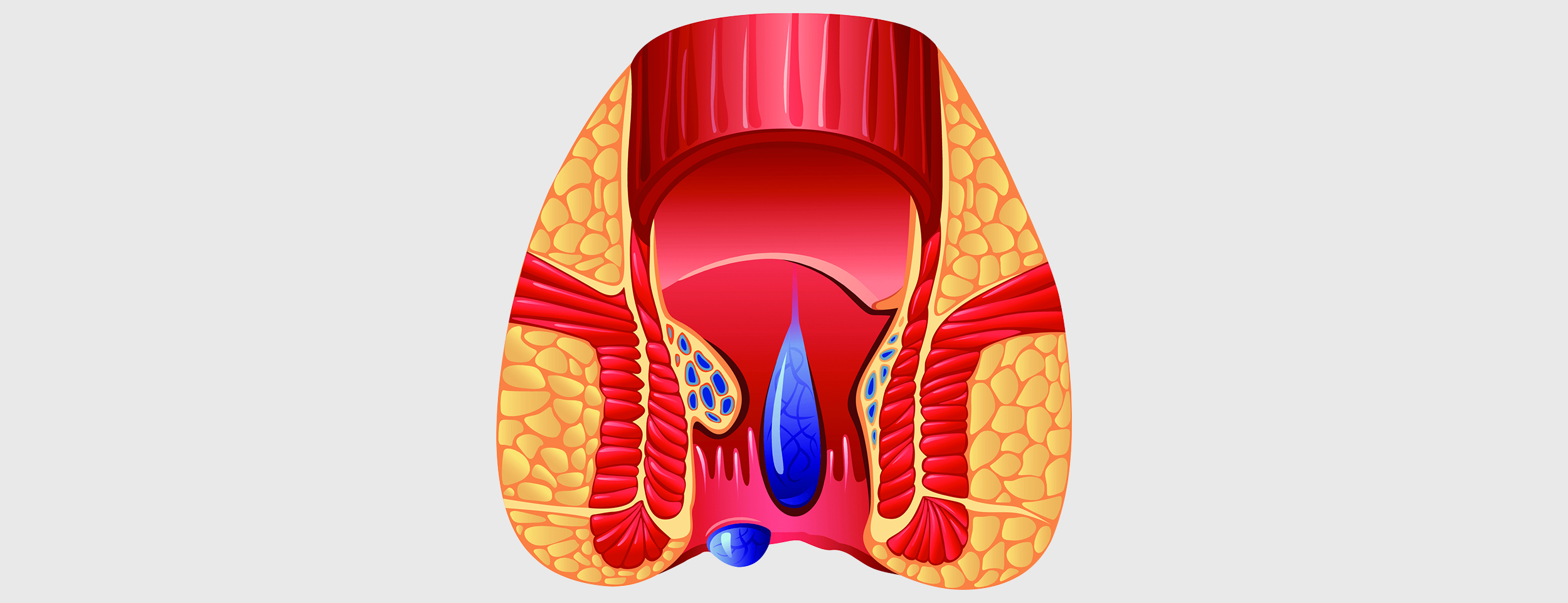
The symptoms of a hemorrhoid abscess may include pain and discomfort in the anus, swelling, redness, bleeding, and a fever. An infection resulting in pus formation in the hemorrhoidal veins causes hemorrhoid abscesses.
In some cases, hemorrhoid abscesses are complications of hemorrhoid surgery or ligation. A weakened immune system or other illnesses that lower the body's ability to fight infections are also at greater risk for hemorrhoid abscess formation.
Pain in Your Anus or Rectum:
Hemorrhoid Abscess is a painful and uncomfortable condition commonly affecting individuals suffering from hemorrhoids. This condition's main symptom is a pain in the anus or rectum, often chronic and severe. Abscesses form near or around hemorrhoids, causing an infection that causes discomfort and inflammation.
Symptoms of a hemorrhoid abscess may include fever, swelling, tenderness, redness, and pain. In some cases, the abscess may rupture, leading to the discharge of pus and blood from the affected area. This can cause further discomfort and may increase the risk of complications, such as the spread of infection.
An anal examination by a healthcare provider can diagnose a hemorrhoid abscess by checking for inflammation, discharge, or swelling. Testing may be required to confirm the diagnosis and rule out other potential causes of symptoms, such as imaging or blood tests.
Treatment for Hemorrhoid Abscess typically involves antibiotics to clear the infection and reduce inflammation. In some cases, surgical intervention may be required to drain the abscess and promote healing. Pain relievers, anti-inflammatory medications, and sitz baths also help manage symptoms and promote recovery. Seek prompt medical attention for Hemorrhoid Abscess to prevent complications and promote faster healing.

Discharge of Pus:
A Hemorrhoid abscess is a medical condition characterized by forming a pocket of pus within the hemorrhoidal tissue. The discharge of pus is a symptom that commonly occurs with this condition.
Pus is a thick, yellowish, or greenish fluid produced by the body in response to an infection. Pain, inflammation, and redness are usually in the affected area, along with white blood cells, dead tissue, and bacteria.
When a hemorrhoid abscess ruptures, the pus is discharged from the body. This can happen spontaneously or due to medical intervention, such as draining the abscess. The discharge of pus may be accompanied by bleeding and pain, which can be severe.
A hemorrhoid abscess is typically treated by antibiotics, pain relief, and warm compresses to reduce inflammation. In some cases, surgery may be necessary to remove the abscess. An untreated hemorrhoid abscess can lead to complications such as a fistula or sepsis (potentially life-threatening).
To prevent complications and promote healing, hemorrhoid abscesses discharge pus requiring prompt medical attention.
Constipation:
Constipation is a common symptom associated with hemorrhoid abscess. This condition occurs when the anal glands become infected and inflamed, forming small bumps in the rectum. When constipated, the infected tissue is further irritated, which can worsen symptoms of hemorrhoid abscesses.
In addition to causing discomfort and pain, constipation can prolong the healing process of hemorrhoid abscess. A complex stool can cause tiny tears in the anal tissue, leading to further inflammation and infection. Fecal matter can also build up in the rectum, increasing pressure on the infected tissue.
Constipation is essential to alleviate hemorrhoid abscess symptoms and promote healing. To make bowel movements more comfortable, patients may be advised to increase fiber intake, drink plenty of water, and use stool softeners. In severe cases, laxatives or enemas may be necessary to clear the bowel and alleviate constipation.
It is important to note that constipation can be a chronic condition that requires ongoing management. To prevent constipation from recurring, patients with hemorrhoid abscesses should maintain a healthy diet and stay hydrated. To treat hemorrhoids and promote healing, individuals must address constipation and promote healthy bowel habits.
Rectal Discharge or Bleeding:

One of the symptoms of hemorrhoids is rectal discharge or bleeding. Swollen veins are irritated during bowel movements, resulting in the passing of blood or mucus alongside stool. Abscesses, pockets of pus formed around the anal area from bacterial infections, can also cause rectal discharge or bleeding.
Hemorrhoid abscess patients may experience significant discomfort and embarrassment due to the rectal discharge. In addition, it may indicate a more serious underlying medical condition, such as colorectal cancer. If you experience rectal bleeding or discharge, seek medical care immediately to determine the cause and get appropriate treatment.
In terms of treatment for hemorrhoid abscess, there are several options available. Mild cases may be treated with over-the-counter medications, such as topical creams and ointments, to ease symptoms. Medical procedures, such as hemorrhoidectomy and rubber band ligation, may be required if severe hemorrhoids persist. Individual treatment plans should be determined with the help of a healthcare professional.
Swelling in the Anus:
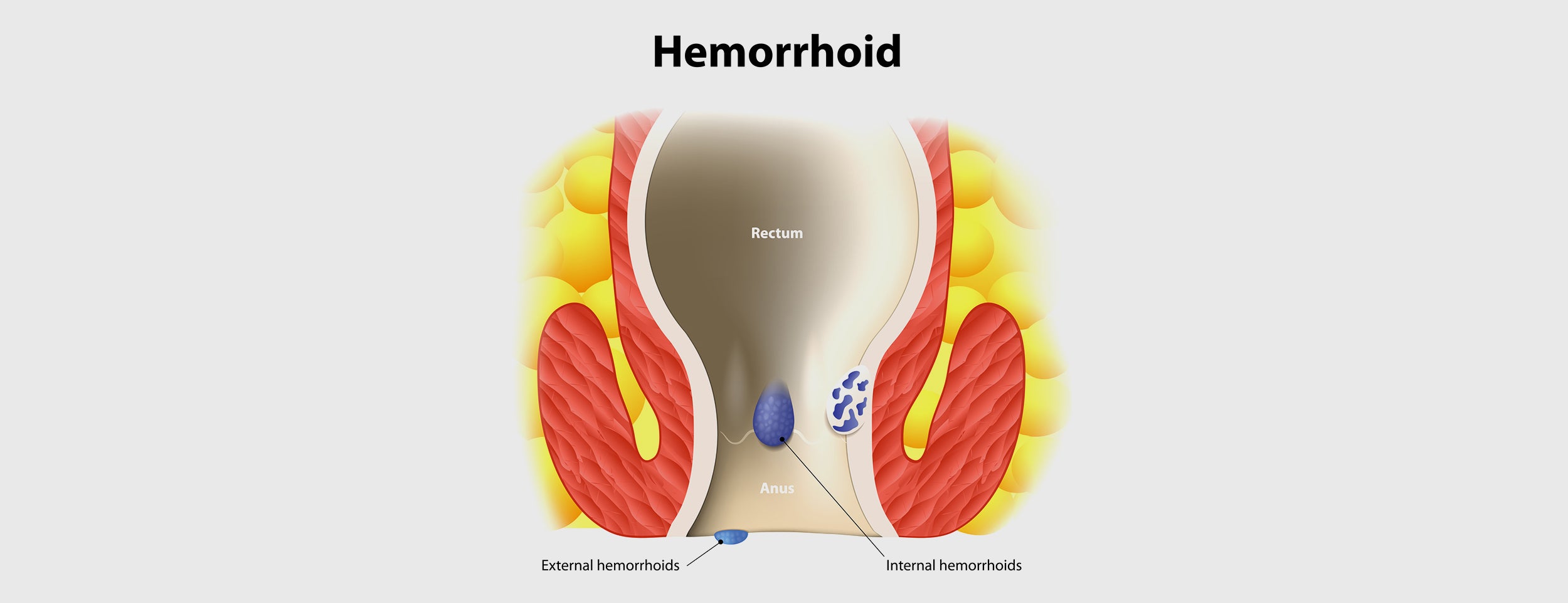
An abscess, a pocket of pus caused by bacteria around the anal area, can also cause rectal discharge or bleeding.
Rectal discharge or bleeding can cause significant discomfort and embarrassment for those suffering from hemorrhoid abscess. This can also indicate a more severe underlying medical condition, such as colorectal cancer. Individuals experiencing rectal bleeding or discharge should seek medical attention immediately to determine the cause.
In terms of treatment for hemorrhoid abscess, there are several options available. Mild cases may be treated with over-the-counter medications, such as topical creams and ointments, to ease symptoms. The hemorrhoids may be removed with surgical procedures, such as hemorrhoidectomy or rubber band ligation, to prevent the abscess from recurring. Consulting a healthcare professional is essential to determining the best treatment plan.
Fatigue:
Fatigue is a common symptom of hemorrhoid abscess, which refers to an infection-filled cyst in the anal or rectal area. As a result of the inflammation caused by the spot, cytokines and prostaglandins are released, triggering a systemic response and fatigue.
In addition, hemorrhoid abscesses cause discomfort and pain during bowel movements, disrupting sleep patterns and making you tired. Psychological stress and anxiety are also associated with hemorrhoid abscesses, further exacerbating fatigue.
Antibiotics or drainage procedures are essential to managing fatigue in the context of a hemorrhoid abscess. In addition, a healthy lifestyle can improve energy levels and well-being with a nutritious diet, regular exercise, and stress reduction techniques. Patients should also adhere to good hygiene and avoid sitting for extended periods.

Tenderness:
People suffering from hemorrhoid abscesses often experience tenderness. A painful lump forms near the rectum due to inflammation and infection in the anal glands. Tenderness experienced in this condition can be described as a sharp, shooting pain that worsens with movement. It typically affects just the affected area and may cause redness, swelling, and warmth.
Several factors contribute to the tenderness experienced in hemorrhoid abscesses. The inflammation caused by the infection can activate pro-inflammatory chemicals in the anal area, causing heightened sensitivity to pressure and movement. In addition, pus accumulation within the abscess can increase pressure within the anal glands, causing more tenderness.
In terms of treatment, reducing tenderness is an essential goal in managing hemorrhoid abscesses. This can be achieved through pain relief medications, warm compresses, and sitz baths.
Tenderness can be relieved with pain relievers like ibuprofen or acetaminophen. Meanwhile, warm compresses and sitz baths can soothe the affected area and reduce inflammation. Tenderness and pus accumulation may require surgical drainage in severe cases.
In summary, tenderness is a common symptom experienced by individuals suffering from hemorrhoid abscesses. It can be aggravated by movement and pressure due to inflammation and infection of the anal glands. The treatment typically involves pain relief medications, warm compresses, and sitz baths. Tenderness may require surgical drainage in severe cases.
Blocked Glands in the Anal Area:
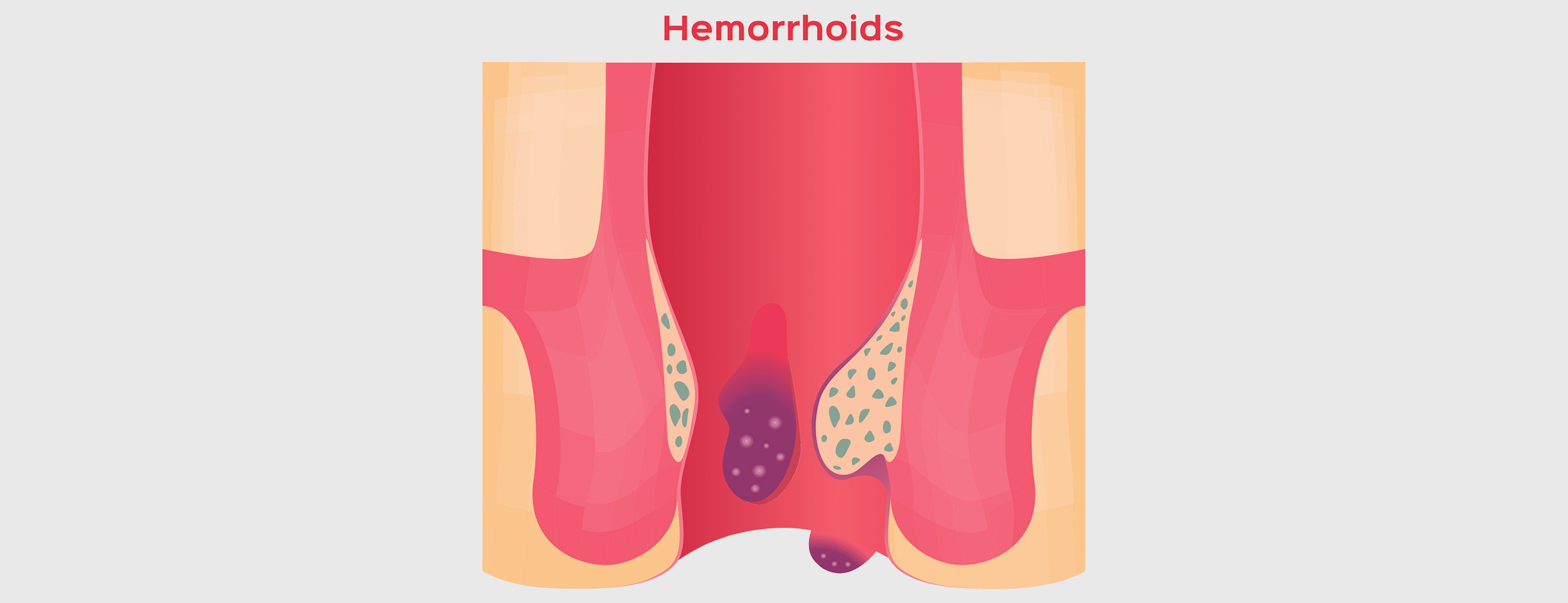
Blocked glands in the anal area are often the root of many discomforting conditions, such as Hemorrhoid Abscesses. Hemorrhoid abscesses are swollen or inflamed veins in the lower rectum and anus. As a result of blocked or damaged glands in the anal area, these veins swell and eventually rupture.
Hemorrhoid Abscesses are often accompanied by symptoms such as itching, bleeding, and painful bowel movements. Individuals experiencing hemorrhoid abscesses may have difficulty sitting or engaging in everyday activities due to the discomfort caused.
The treatment of Hemorrhoid Abscesses depends on the severity of the condition. A mild case can be treated with over-the-counter medications. Surgery may be necessary to remove swollen veins, providing lasting relief.
Medical attention is essential if one suspects an anal abscess. Untreated conditions can cause severe complications such as sepsis, a potentially life-threatening infection in the anal glands. Early detection and intervention are crucial to treating Hemorrhoid Abscesses and improving quality of life.
Infection of An Anal Fissure:
A Hemorrhoid abscess is a medical condition that typically arises due to an infection of an anal fissure. Several reasons can cause anal fissures, including complex bowel movements, prolonged diarrhea, anal sex, and, sometimes, straining during childbirth.
When an anal fissure becomes infected, it can lead to the formation of a pocket of pus, which is known as a hemorrhoid abscess. Some unpleasant symptoms can be associated with this collection of pus, including fever, chills, rectal pain, and swelling.
Even though an underlying hemorrhoid may cause an abscess, it is not the hemorrhoid itself. Rather, it is a complication that can arise from a pre-existing condition.
Abscess drainage is the most common treatment for hemorrhoid abscesses, which relieves symptoms and prevents infection. In some cases, it may be possible to treat this with antibiotics, depending on the severity.
The prevention of hemorrhoid abscesses and other complications can ultimately be achieved by early detection and prompt treatment of anal fissures.

Trauma:
Trauma can be defined as an injury or damage to the body caused by an external force. In the context of hemorrhoid abscess, trauma can lead to the formation of these painful and uncomfortable abscesses. The anal area can be injured by excessive strain during bowel movements, constipation, pregnancy, or even sexual activity.
Trauma can cause the delicate tissues in the anal region to become irritated and inflamed, causing anal fissures. Bacteria can enter the body through these fissures, causing infection and abscesses.
Additionally, trauma can cause damage to the veins in the anal area, leading to the development of hemorrhoids. Abscesses can form when hemorrhoids form in the rectum and anus and are extremely painful.
You should seek medical attention if you experience bleeding, itching, or pain in the anal area. Early diagnosis and treatment can help prevent more severe complications, including abscess formation.
Who Gets Hemorrhoid Abscesses?
Hemorrhoid abscesses can occur in individuals of any age but are more common in adults. In the United States, hemorrhoids affect nearly 50% of adults over 50. Men are more likely to develop the condition as compared to women.
Those with chronic constipation, diarrhea, obesity, and pregnancy are more likely to develop hemorrhoids and abscesses.
Hemorrhoid abscess is a condition that requires immediate attention and appropriate treatment. To receive proper treatment, hemorrhoids, and abscesses must be differentiated.
Individuals can prevent hemorrhoid abscesses by knowing the symptoms, causes, and predisposing factors.
Management and Treatment
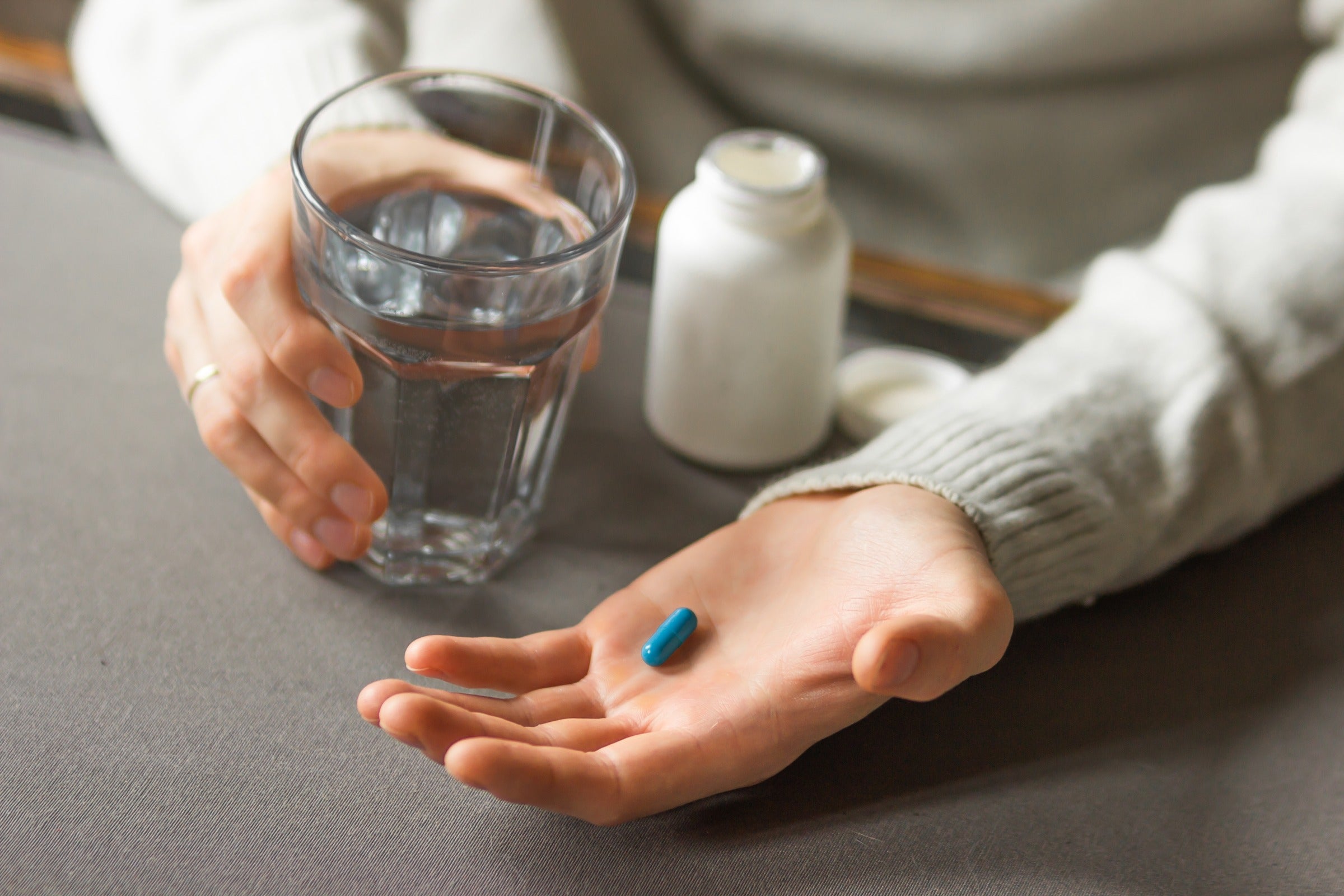
A hemorrhoid abscess requires urgent treatment! Your doctor will examine you thoroughly to determine the extent of the disease and any complications. Antibiotics, corticosteroid creams, painkillers, or surgery may be required in severe cases. Fortunately, you can easily prevent future abscesses with the right treatment plan and lifestyle changes (like eating a high-fiber diet). Taking control of your health lets you live pain-free.
Various treatment options for a hemorrhoid abscess
Hemorrhoids are treated with drainage or incision and drainage (I&D), pain management, stool softeners, and warm baths. To prevent the spot from recurring, antibiotic therapy is usually prescribed.
Taking sitz baths several times a day, avoiding straining during bowel movements, and wearing loose-fitting clothing are all tips for at-home care.
Healing Time for a Hemorrhoid Abscess
Healing time for hemorrhoid abscesses depends on the severity of the infection and the surgical technique. Generally, the wound takes around 3-4 weeks to heal completely. There may be pain, swelling, or discomfort for several days following the procedure, but this should subside.
Chances of A Hemorrhoid Abscess Turning into a Fistula
If left untreated, there is a risk of the abscess evolving into a fistula. A fistula is an abnormal connection between two body cavities. A fistula can develop between the anus and the skin surrounding an anal canal in the case of hemorrhoids. An abscess treated promptly may require less extensive treatment than a fistula.
Likelihood of Recurrence
Recurrence depends on the underlying cause, the severity of the infection, and the treatment approach. Constipation or diarrhea may exacerbate underlying inflammation or irritation in the anal area, making them more likely to recur. Preventing recurrences requires a healthy lifestyle and regular bowel habits.
Diagnosis and Tests
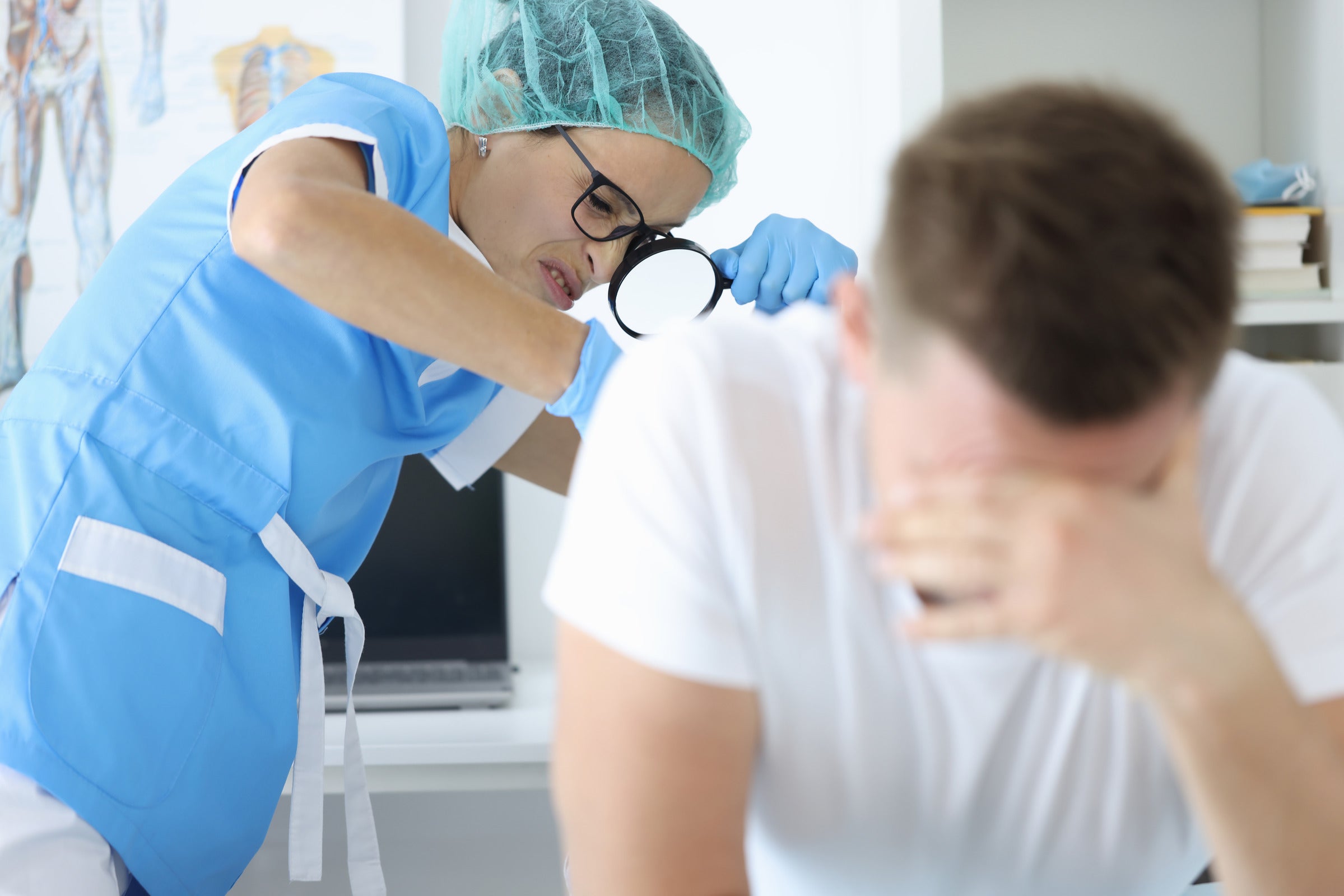
A Hemorrhoid abscess is when the external or internal hemorrhoid has become infected.
- Diagnosing a hemorrhoid abscess is mainly based on the patient's medical history, physical examination, and symptoms.
- A visual inspection of the anal area is often done to look for signs of swelling, redness, or discharge.
- The doctor can also conduct a digital rectal exam (DRE) to inspect the inside of the rectum.
- Other tests, such as blood tests, stool tests, or imaging studies, may be done to rule out other conditions.
- Different tests, such as colon or endoscopy, may be performed to check for underlying colon problems.
- If the abscess is not easily visible, a CT scan may be performed to look for signs of infection.
Generally, hemorrhoids are diagnosed with a physical examination and a history of symptoms to differentiate them from fistulas in the rectum.
Hemorrhoid Abscesses Prevention:
Abscesses can form from hemorrhoids, swollen veins in the rectum or anus. A hemorrhoid abscess is a painful condition that can cause discomfort and pain during bowel movements. To prevent hemorrhoid abscess recurrence, specific preventative measures should be taken.
Ways to prevent a hemorrhoid abscess from returning

Keep the anal area clean:
Maintaining good hygiene in the anal area is crucial to prevent the development of a hemorrhoid abscess. When you have bowel movements, wash the area with warm water and soap and pat it dry.
Avoid Straining During Bowel Movements:
Staining during bowel movements can pressure the veins, forming hemorrhoids that can eventually develop into abscesses. Eat a diet high in fiber, drink plenty of water, exercise regularly, and don't hold back bowel movements to prevent straining.
Maintain A Healthy Weight:
Being overweight or obese can put extra pressure on the rectum and anus, making hemorrhoids more likely to develop.
Quit Smoking:
As a result of smoking, blood vessels constrict, reducing blood flow and oxygen supply to the anal area and increasing hemorrhoids and abscesses.
Seek Medical Attention:
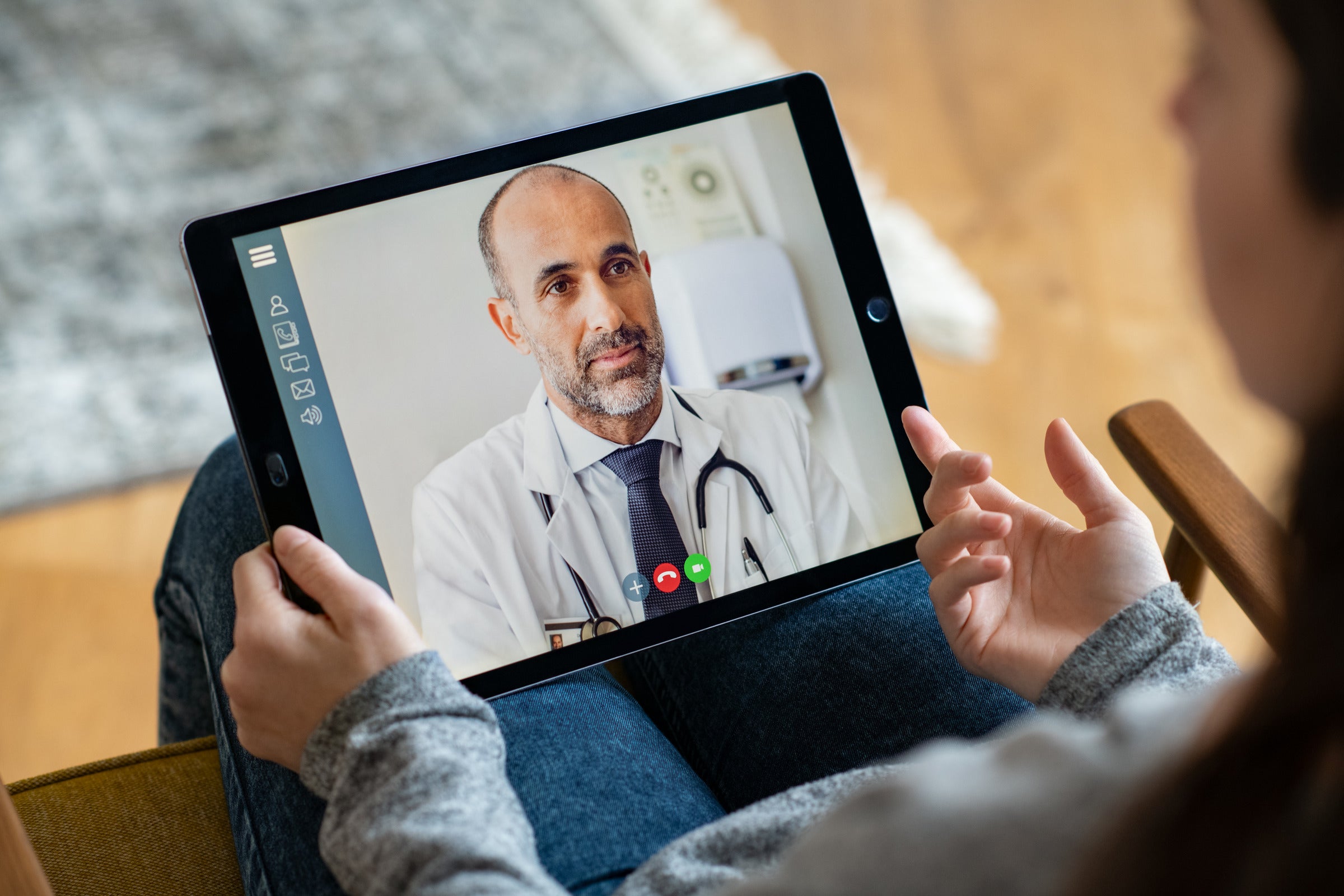
You should seek medical attention if you experience recurring hemorrhoid abscesses to identify any underlying conditions, such as inflammatory bowel disease or infections.
Is A Perianal Abscess Serious?
One type of perianal abscess that can occur is a hemorrhoid abscess. Even though hemorrhoids are not life-threatening, they can still cause pain and discomfort. Hemorrhoids are veins in the anus and rectum that become swollen and inflamed. When they become infected, they can form an abscess.
Symptoms of hemorrhoid abscess include spreading the infection to other body parts, such as the bloodstream. In rare cases, the abscess can lead to a fistula - an abnormal connection between organs or tissues. The recurrence of hemorrhoids can cause long-term complications such as chronic pain and bowel difficulty.
It is important to seek medical attention if you suspect you have a hemorrhoid abscess. Your doctor may prescribe antibiotics or recommend draining the abscess. Without treatment, the abscess can grow and cause more pain and complications.

Living With a Hemorrhoid Abscess
Living with a hemorrhoid abscess can be difficult, especially if the abscess is recurrent. Pain management techniques include hot baths, over-the-counter pain relievers, and topical creams. Also, avoid constipation and diarrhea to prevent hemorrhoid abscess development.
Recurrent hemorrhoid abscesses may be prevented by changing your diet and lifestyle. This can include adding more fiber to your diet, drinking plenty of water, and avoiding straining during bowel movements.
In general, hemorrhoid abscesses are uncomfortable and disruptive, but they can be managed effectively with proper medical treatment.
Conclusion
It's essential to understand the symptoms, causes, and ways to prevent the formation of a hemorrhoid abscess. To prevent recurrences, keep a healthy weight, avoid straining during bowel movements, quit smoking, and seek medical attention when necessary.
If you experience severe pain or discomfort during bowel movements, seek medical attention promptly. Preventing hemorrhoid abscesses with proper care is critical for good anal health.

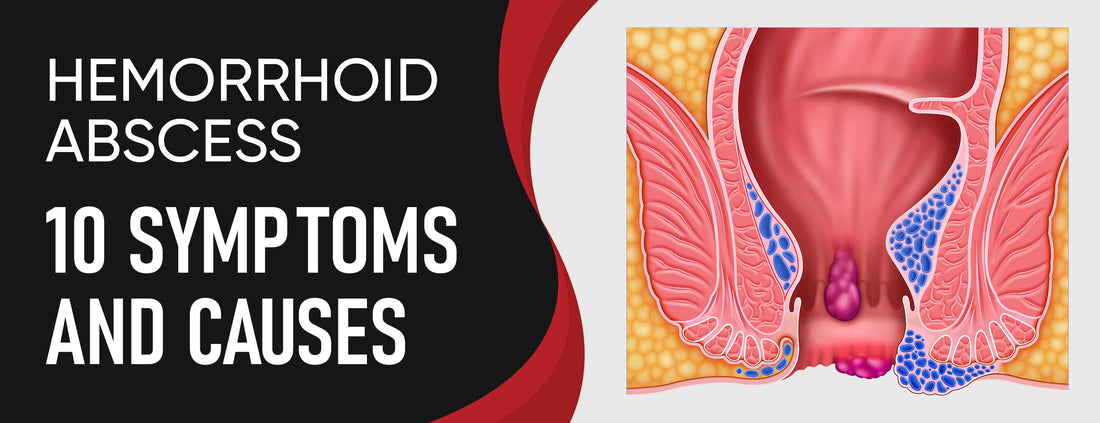



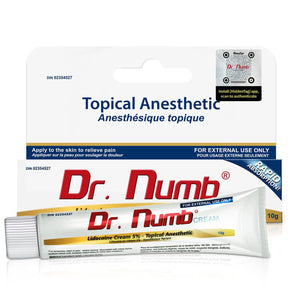
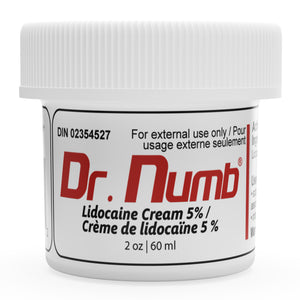
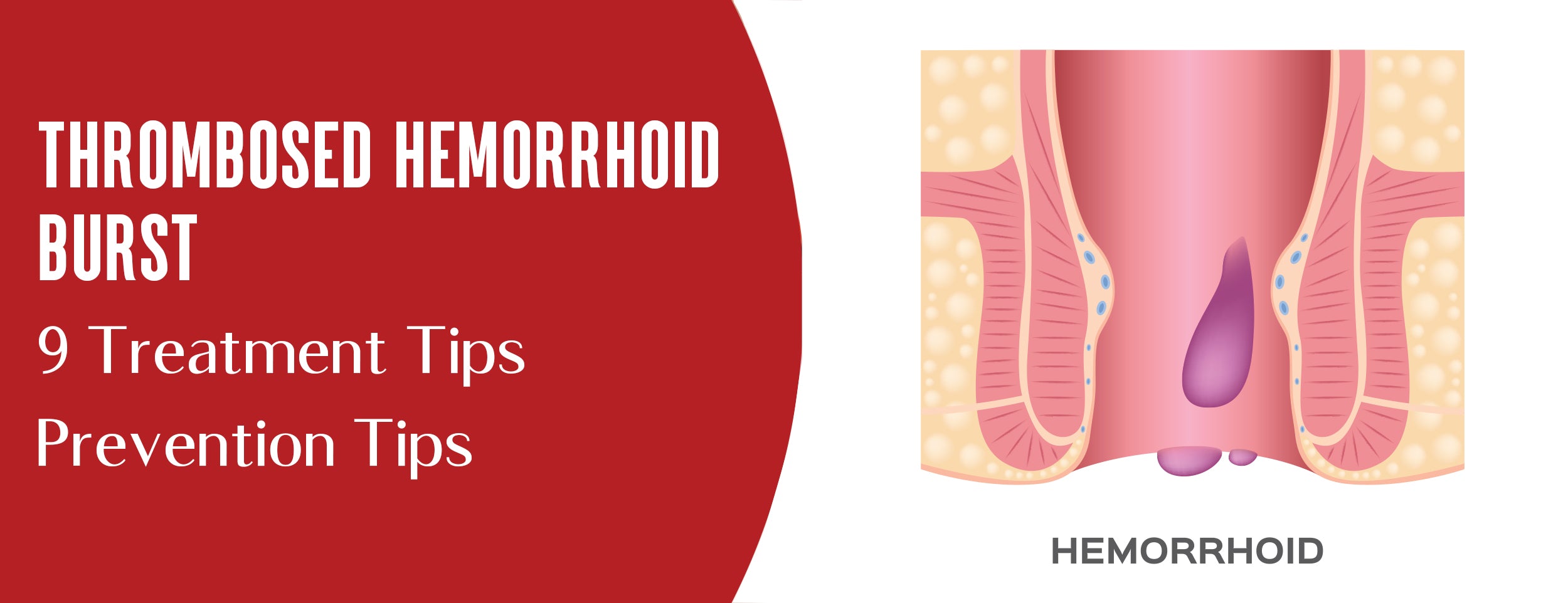
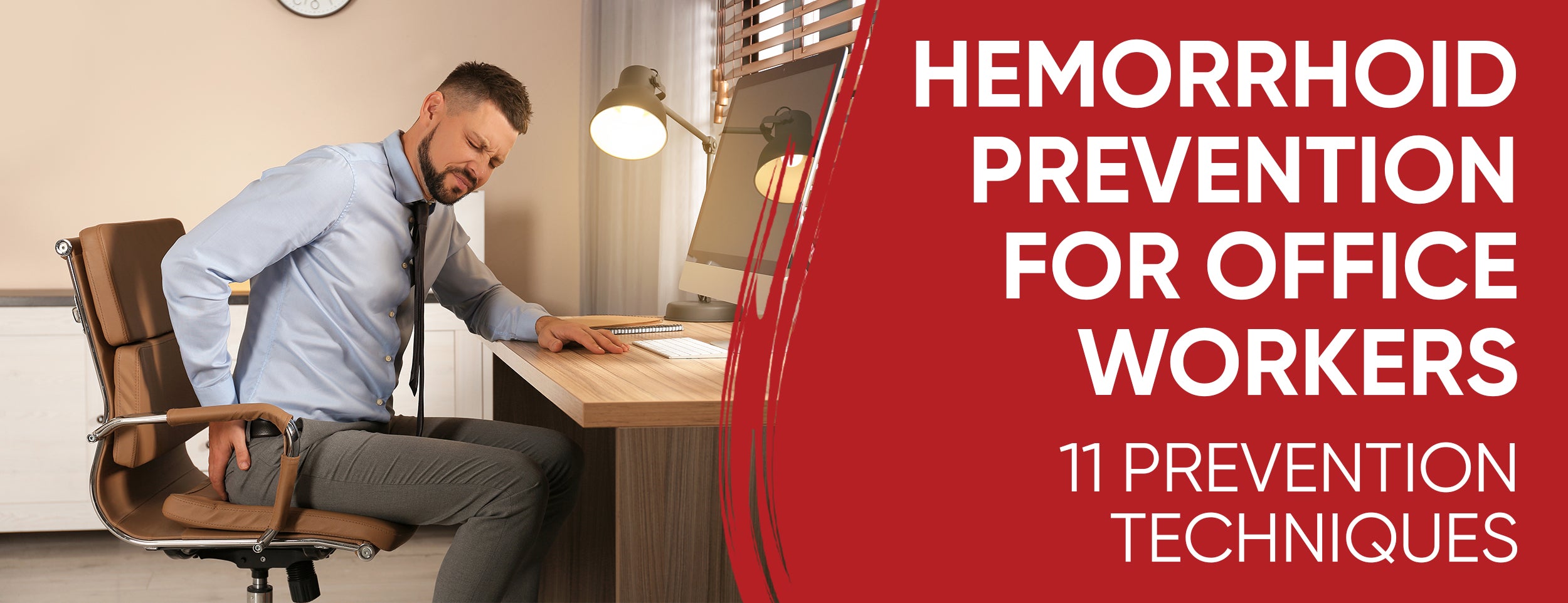
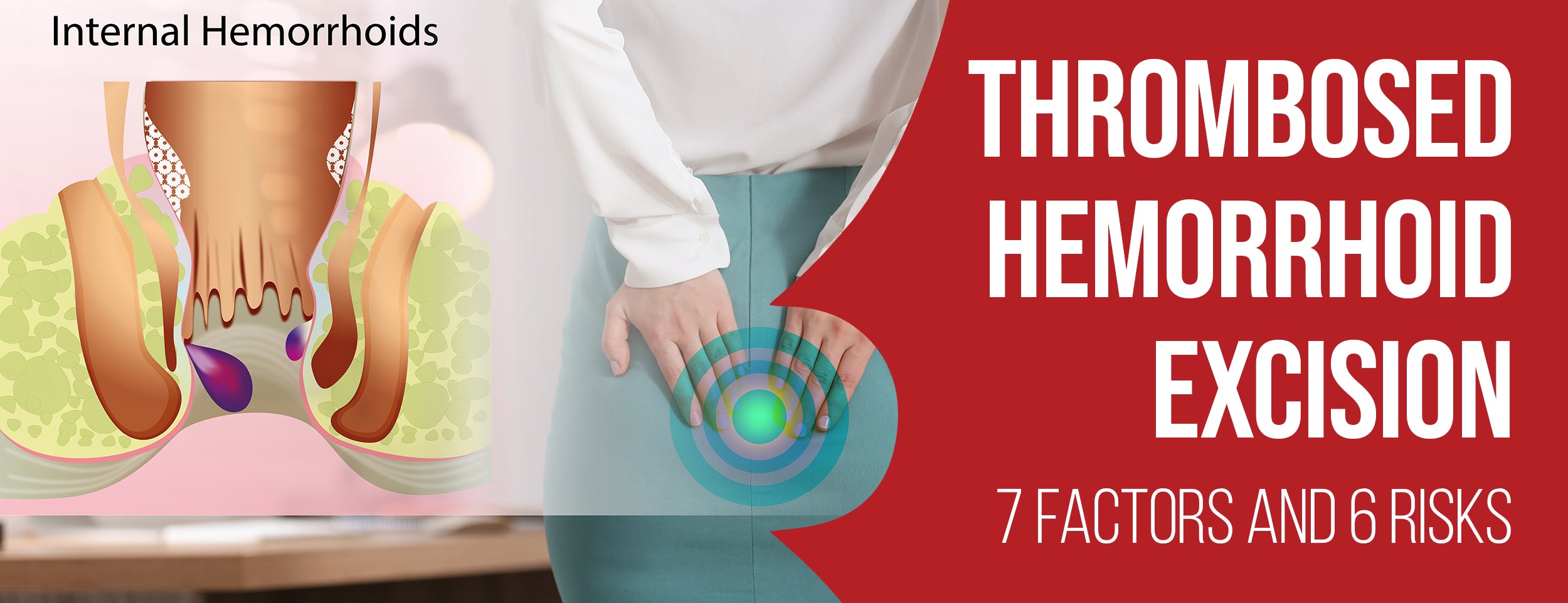
![Precautions & 6 Steps to Draining Thrombosed Hemorrhoids [DIY]](http://drnumb.ca/cdn/shop/articles/Draining_Thrombosed_Hemorrhoid_Yourself__6_Steps_8_DIY_Tips_With_Precautions.jpg?v=1713931775)

